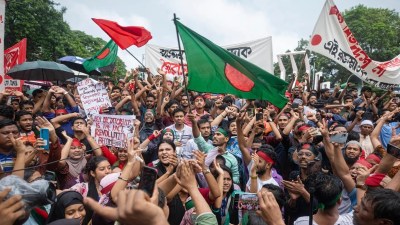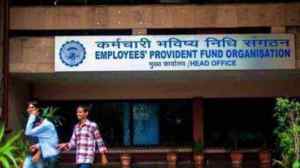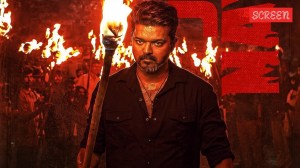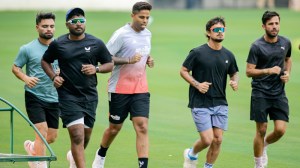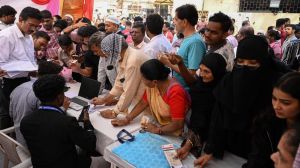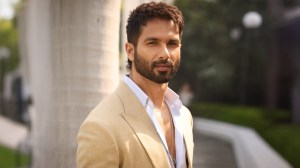Balancing inclusion with merit
K K Venugopal,on the flames that Mandal sparked,inside and outside the courtroom
Sitting in his elegant office in south Delhi8217;s Neeti Bagh,78-year-old K K Venugopal still vividly remembers the tumultuous days of the post-Mandal agitation. There were young students setting themselves on fire 8212; there was mayhem all over, he says. 8220;The protests showed no signs of ending.8221;
It was at that moment that Venugopal decided to challenge the office memorandum issued by the V P Singh government. I decided I would try to stop it if possible, he says,in his understated manner. Over the next few years,Venugopal would play a leading role in one of the most closely-watched cases in the history of Indian litigation a case that would define the reservation debate for years to come.
Venugopal hadn8217;t always possessed this sense of conviction. In 1951,in his own words,he was at 8220;a loose end8221;. As a physics undergraduate student at the prestigious Madras Christian College,he had failed his exams. He was drifting aimlessly,until his father,the celebrated constitutional lawyer M K Nambiar,packed him off to a newly-opened law college in Belgaum. In those days,we did not have the excellent national law colleges. You could only pursue study of law after graduation, Venugopal says.
The R L Law College in Belgaum was unique in introducing a course that could be pursued immediately after high school. It was a two-year-course,divided into four semesters. Venugopal,however,spent two-and-a-half years there not because of any time-consuming dissertation,but plain necessity. 8220;I had failed in a semester in law also,so I had to stay back for another six months,8221; he recalls,bemusedly adding that this snippet of information would probably not do his reputation any good.
It was in the shadow of this tumultuous academic background that Venugopal enrolled as a lawyer at the Mysore High Court in 1954. I had a very faint idea of the vocabulary of law, he says. I had to learn everything from ground zero. But in a few years,I realised I could analyse legal matters,come to the crux of the matter and present a good case.
Armed with this simple knowledge,Venugopal grew to become a leading constitutional lawyer ,holding positions such as the Additional Solicitor-General of India and the President of the SC Bar Association. Yet,among all the cases on which he left his imprint,it was the reservation case even though the court ultimately disagreed that made him a household name.
- 01
- 02
- 03
- 04
- 05


